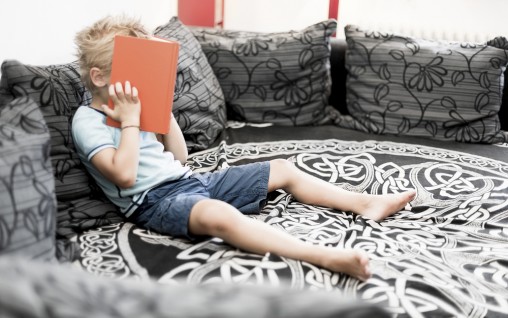Gym class is often the first to be cut from schools. Recess seems like a bonus, but research shows that it is critical for children’s development. Kids who exercise for at least 60 minutes a day have a better chance of being top of the class.
Parents often express concern that their children do not receive enough instruction in math and science. Parents want their kids to receive top-notch education and preparation for college from an early age. However, according to a recent study by the Harvard University School of Public Health, these adults also worry about the dwindling emphasis on physical education. Surveys indicate that 7 out of 10 parents do not believe schools schedule enough gym classes.
However, many public schools cut physical education courses to balance budgets. The Institute of Medicine recommends that children exercise for at least 150 to 255 minutes per school week, but most kids do not reach this goal, especially with fewer gym classes. In 2013, only 27.1 percent of American high school students achieved one hour of physical activity each day. Moreover, only 29 percent of students attended gym classes on a daily basis. This number is expected to fall to 6 percent within the next decade as school administrators cut costs and are pressured to meet state education requirements.
Regular exercise actually heightens brain function
Teachers may argue that more time spent in class will improve academic performance, but studies indicate that regular exercise actually heightens brain function. The Center for Disease Control and Prevention (CDC) determined that physical activity has a positive impact on academic performance. Moreover, the CDC determined that allocating more time for physical education courses does not take away from academic activities. In most cases, recess periods improved the attention span, concentration, and classroom behavior of children. A high school in Illinois tested this theory by extending gym periods and making exercise requirements more strenuous. By the end of the year, not only were a mere 3 percent of students overweight but also some students scored first in an international science competition. This high school class even managed to beat top students from Japan and China.
Extended periods of sitting can affect academic performance
For children under the age of 10, regular periods of exercise are crucial for natural development. Charles Hillman, a professor of kinesiology at the University of Illinois, urges parents to approach educators and ask, ‘Why is my child sitting down for six hours a day when he’s a 7-year-old boy and he needs to move?‘ Children are not inclined to spend hours at the gym or go for long runs. Instead, they should play games and learn to interact with others in a fun environment. Even a short walk around the playground between classes can burn calories and help children refocus for the rest of the day. Extended periods of sitting can make kids misbehave and develop bad habits that will affect their performance in school and relationships with their peers.
Gym class is often the first to be cut from schools. Recess seems like a bonus, but research shows that it is critical for children’s development.And instead of taking away from academic performance, kids who exercise for at least 60 minutes a day have a better chance of being top of the class. Parents should help their kids find the right balance between play and study, and cultivate healthy habits that could last a lifetime.



















